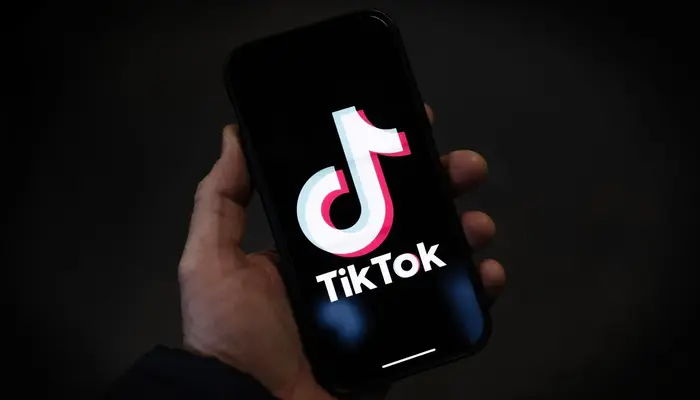
The TikTok ban, which took effect on January 19, 2025, disrupted millions of users across the U.S. before President-elect Donald Trump intervened to delay its enforcement. The popular social media app is now back online for many users, following Trump’s promise to work toward a long-term solution. The keyword TikTok ban has been at the center of this ongoing controversy, as concerns over national security and data privacy continue to fuel the debate.
TikTok Restores Service
TikTok abruptly shut down on January 18, hours before the federal ban took effect. The platform greeted users with a message stating the service was temporarily unavailable due to legal restrictions. However, by January 19, TikTok had started restoring service after Trump announced plans to issue an executive order delaying the ban.
In a tweet, TikTok thanked Trump for providing the clarity needed to reassure service providers, promising to collaborate on a permanent solution. Many users began seeing a pop-up message on the app reading, “Welcome back!” signaling the platform’s return.
Trump Delays Ban and Suggests Resolution
Trump’s involvement came as he vowed to extend the deadline for China-based ByteDance to sell TikTok’s U.S. operations. His announcement of a potential 90-day extension aims to prevent the app from going offline while ByteDance negotiates with American buyers. Trump emphasized that no penalties would be imposed on tech companies supporting TikTok during this transition.
Additionally, the president-elect has called for a joint venture between TikTok’s current owners and U.S. entities. This effort seeks to address concerns about data privacy while ensuring the platform remains accessible to American users.
Read: TikTok Shuts Down US Operations Ahead of Federal Ban
Legal and Political Challenges
The TikTok ban stems from bipartisan legislation passed in 2024, citing national security concerns due to ByteDance’s Chinese ownership. In December 2024, the Supreme Court upheld the law, allowing the federal government to enforce the ban unless TikTok’s ownership changed. Despite ByteDance’s legal challenges and appeals to block the ban, the courts sided with the government’s argument for safeguarding national security.
President Joe Biden initially supported the ban but later expressed concerns about its potential impact on free speech. However, his administration did not intervene to halt the enforcement. Trump, however, has taken a more favorable stance toward the platform, pledging to find a resolution that balances security with user access.
The Road Ahead for TikTok
While TikTok has temporarily resumed operations, its future in the U.S. remains uncertain. The platform’s parent company, ByteDance, is under pressure to finalize a deal with an American buyer to comply with legal requirements. Analysts have valued TikTok’s U.S. operations between $40 billion and $50 billion, though details of a potential sale remain unclear.
The controversy surrounding the TikTok ban highlights broader concerns about foreign-owned tech platforms and their influence on data security. As discussions continue, the app’s millions of American users eagerly await a permanent resolution that ensures their favorite platform remains available.
This temporary victory for TikTok demonstrates the power of user demand and political negotiation. However, the debate over data privacy and national security is far from over.
Follow us on Google News, Instagram, YouTube, Facebook,Whats App, and TikTok for latest updates
